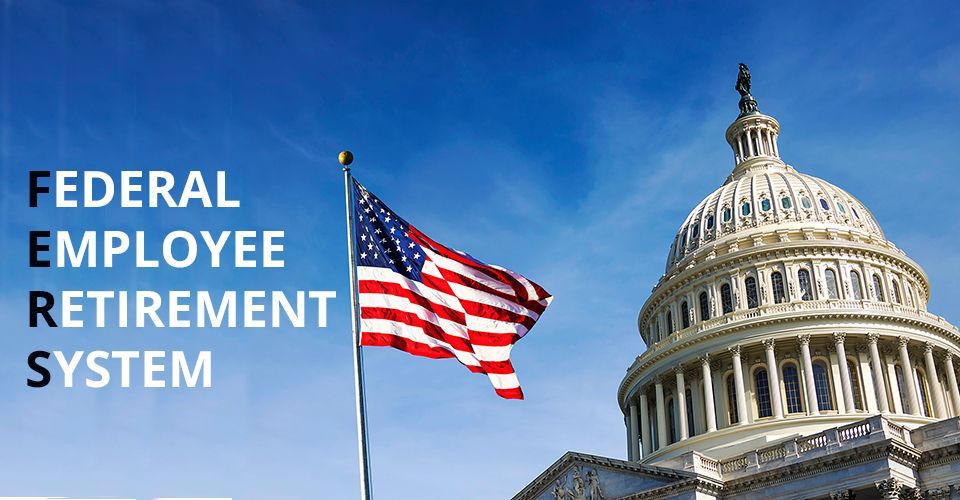Tax-Free Income in Retirement
By Lynn Murphy, Retirement Coach
This income tax season, there’s good news to share: During your retirement, there are certain types of income that are free from income taxes! Knowing what they are and how best to implement them can be key to maximizing your income in retirement.
Life Insurance Proceeds
If you are the beneficiary of a life insurance policy for a loved one who has passed, you are not expected to pay state and Federal income taxes on this amount. This includes the value of a home covered by mortgage life insurance.
Roth IRA and TSP Withdrawals
If you have chosen to pay income taxes upfront on your contributions to a Roth IRA or Thrift Savings Plan (TSP), your qualified withdrawals during your retirement will be tax-free. Please be aware that the government match to your TSP contributions will be placed in your traditional TSP account, and income taxes will still need to be paid on that amount.
Social Security Benefits
Depending on your total income in retirement, your Social Security benefits will be either all or partially tax-free. (link)
Disability Income
If you become disabled either before or after employment, some or all of your disability income may not be taxed.
Other Categories
Gifts and inheritances are tax-free under our current tax system. If you become responsible for the care of a child, court-ordered child support payments are not taxed.
If you want help preparing your thoughts and retirement plans before asking your tax advisor, our Retirement Coaches are here to help you. With their vast knowledge of Federal employee benefits, our coaches have the skills to help you get a full picture of your income and expenses in retirement and will create a plan that will keep you on track to meet your unique goals. Click here to get started.
More Featured Articles










